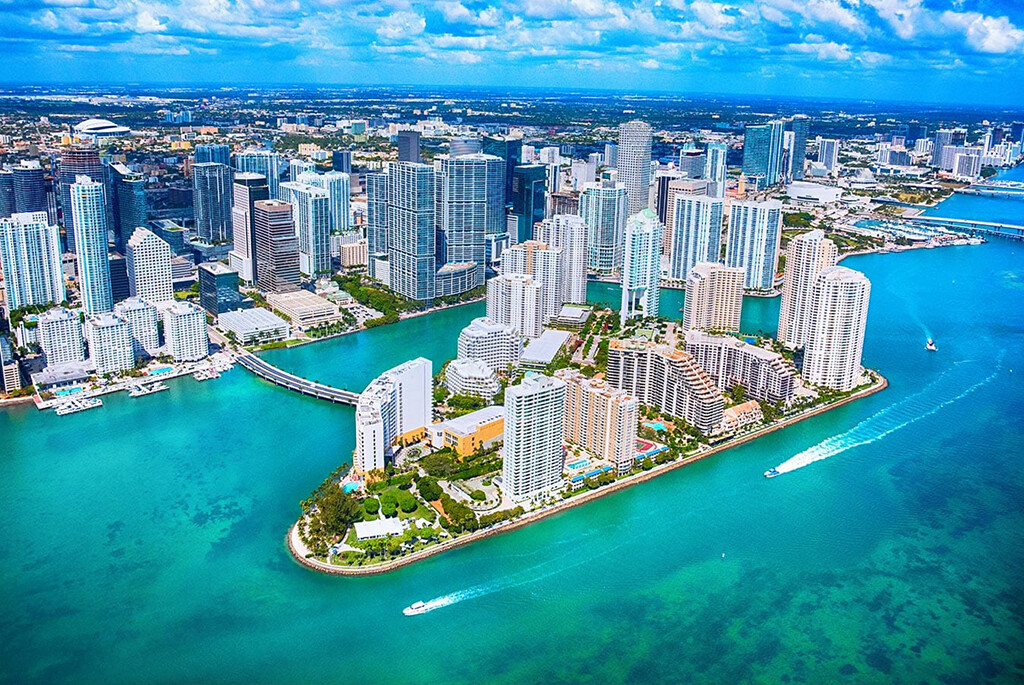
The probate process
Probate refers to the court administered process that is required in order to validate a decedent's will and distribute their assets accordingly. If there is no will to execute, probate serves to make sure the decedent's assets go to their closest living relatives as dictated by intestacy laws. With or without a will, probate can become a complicated, lengthy, and expensive process. If you are dealing with probate, it is to your benefit to consult with one of our probate attorneys at Miami Lawyers Near Me. We'll work closely with you to ensure that the probate process is completed as efficiently as possible.
Estate Planning
How it works and why it's necessary
Will
Will—a legal document that sets forth how the testator wishes to have their assets and property distributed after their death. The will appoints an executor to carry out this task and names the beneficiaries who are to receive designated portions of the decedent's estate.
Probate
Probate — a decedent's last will and testament is submitted to a probate court to be validated and used to appoint an executor who will manage the decedent's assets and debts, as well as distribute the decedent's estate in accordance with the will's instructions and contents.
Administration
Administration — the executor named in a decedent's will is tasked with making sure that the instructions contained in the will are carried out. In the absence of a will, the probate court will appoint an administrator, usually the closets living relative, to oversee the distribution of an estate according to intestacy laws.
Probate
Miami





